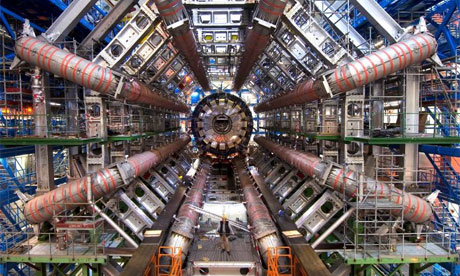 Insomnia is the most common sleep complaint at any age. It affects almost half of adults 60 and older, according to the National Institutes of Health. Credit: © Marcin Kempski |Dreamstime.com"
Insomnia is the most common sleep complaint at any age. It affects almost half of adults 60 and older, according to the National Institutes of Health. Credit: © Marcin Kempski |Dreamstime.com"From Live Science:
It's no secret the stress of work can keep you up at nights. Now research shows that retirement can spur less fitful sleep, at least for people who are financially stable.
The prevalence of sleep disturbances among 14,714 study participants in France — all of whom had pensions that continued to pay 80 percent of their salaries — fell from 24.2 percent in the last year before retirement to 17.8 percent in the first year after retiring.
The finding may not apply to retirees who lack financial stability, however.
Read more ....
















